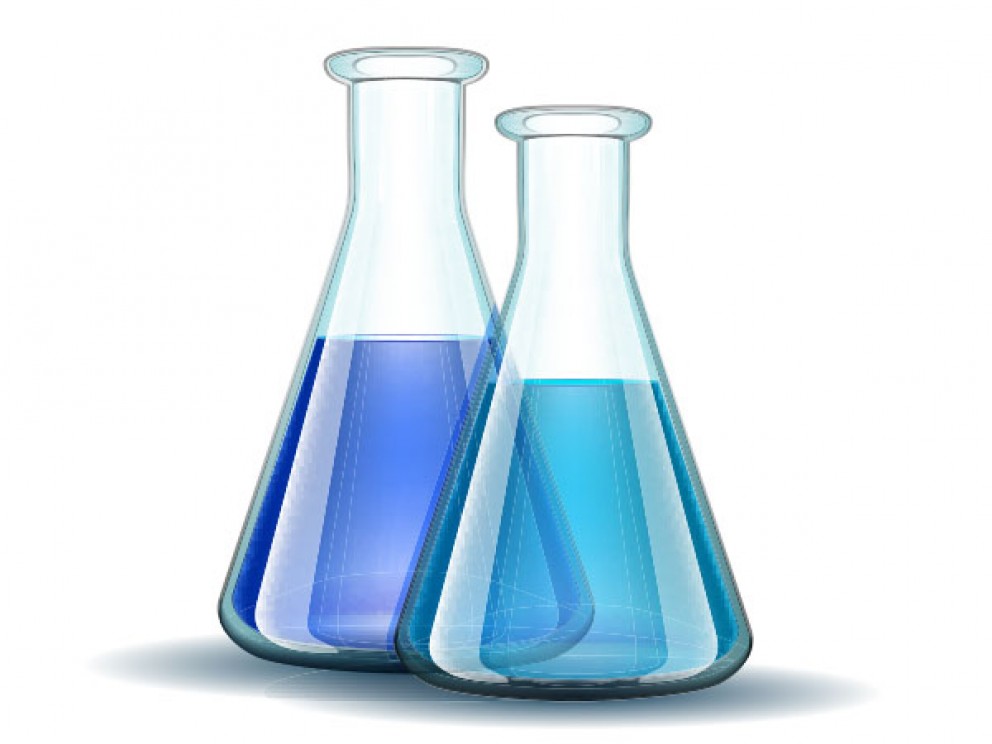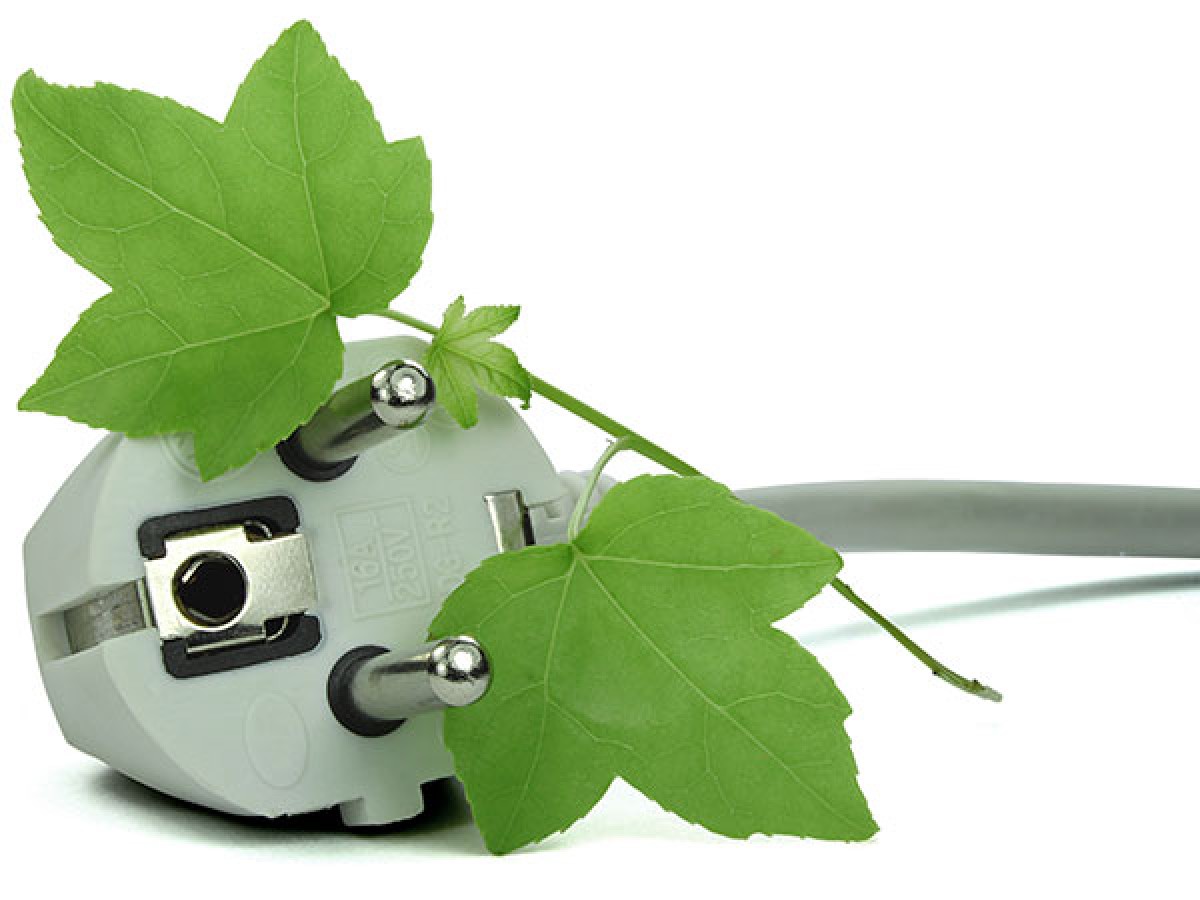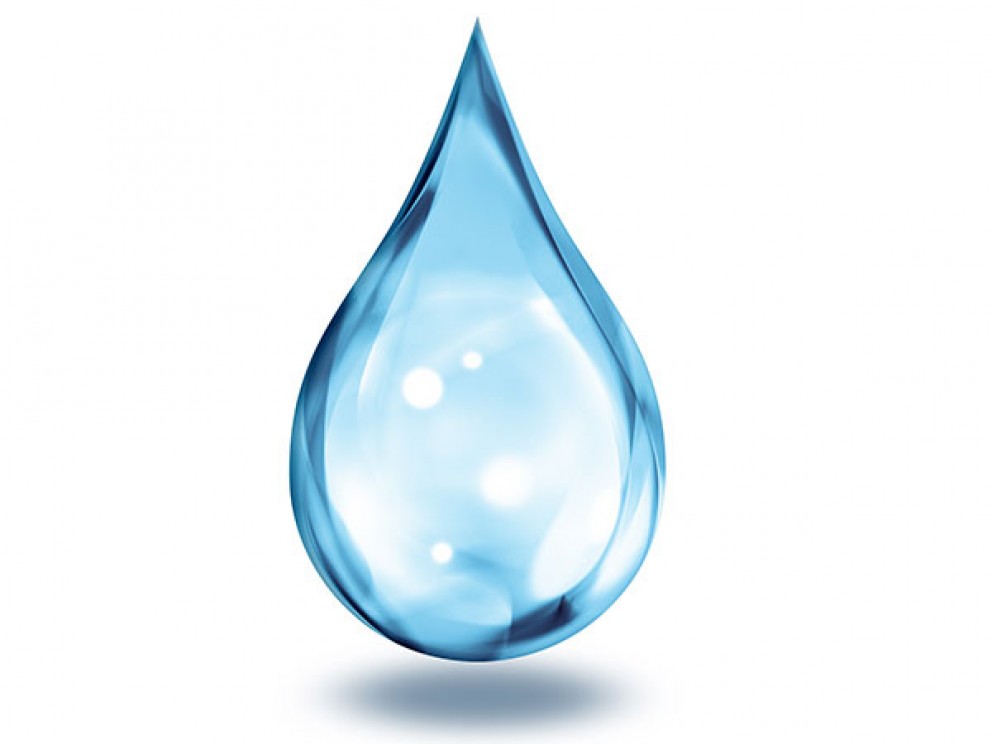At Toshiba we strive to help realise a sustainable society and respond to today’s energy problems and climate change. Additionally, we believe that issues such as human health, protecting eco-systems and responsible usage of natural resources must be taken into consideration if we want to create a greener tomorrow.
The Toshiba Group has developed a T-COMPASS, with which we can visualise the four areas of our contribution. This way we get a clearer picture of the environmental impact - not only of our products, but also other areas of our business such as supply chain or manufacturing.
Currently, more than 95% of the material used in our products is recyclable and/or recoverable. Here is how we do it:
Reduce - Reuse - Recycle
These are the principles based on which Toshiba develops its products. The “3R-Initative” is aimed at reducing waste, increasing incoming recycling and improving outgoing recycling.
Waste reduction
We achieve waste reduction through various means, including reducing the amount of resources used to manufacture products (reducing weight and size) and extending product lives (including upgrades and maintenance).
Incoming recycling
Incoming recycling refers to the application of recycled materials in products. We work to improve our incoming recycling rate by increasing our use of recycled materials, plant-derived materials and reusable parts.
Outgoing recycling
Outgoing recycling refers to the collection and recycling of end-of-life products. By promoting designs for reusing and recycling materials, we improve outgoing recycling while simultaneously improving the system design for recycling end-of-life products further.
To produce products with smallest impact to the environment caused by substances used in the production and for the products itself, the Toshiba Group is working in close cooperation with all supply chain partners. Especially, the proper control of contained chemical substance information is required.
In the European Union, the two most important regulations are the so-called REACH-Regulation (EU-Regulation regarding registration, evaluation, authorisation and restriction of chemicals) and the RoHS-Directive (EU directive on the restriction of the use of certain hazardous substances in electrical and electronic equipment). Actually hundreds of substances are covered by these two laws and have to be controlled and monitored through the entire supply-chain. On top of these legal requirements, the Toshiba Group has developed its own standard: the “Green Procurement Guidelines”. The guidelines are applied worldwide to all products so that customers can use these with a sense of security. The main aim is to pro-actively eliminate the use of specified chemicals, reduce the amount of chemicals contained in products and use substitute materials. As an example, the Toshiba Group is working on the phase-out and substitution of PVC (polyvinyl chloride) and BFR (brominated flame retardants) in several product categories.
To ensure the Green Procurement Guidelines are observed, Toshiba has implemented a monitoring and documentation system, which includes declarations from supplier, lab tests and regular auditing.
Efficient energy use, sometimes simply called energy efficiency, is the goal to reduce the amount of energy required to provide products and services. Improvements in energy efficiency are generally achieved by adopting a more efficient technology or production processes or by application of commonly accepted methods to reduce energy losses. There are many motivations to improve energy efficiency. Reducing energy use reduces energy costs and may result in cost saving for consumers if the energy savings offset any additional costs of implementing an energy efficient technology. Reducing energy use is also seen as a solution to the problem of reducing carbon dioxide emissions. According to the International Energy Agency, improved energy efficiency in buildings, industrial processes and transportation could reduce the world's energy needs in 2050 by one third, and help control global emissions of greenhouse gases.
Toshiba is implementing the Greening of Products initiative, which aims to achieve the highest level of environmental performance for all products that we develop and to minimise the environmental impact of products throughout their entire life cycles. In the past few years, we have made substantial improvements and have been able to considerably reduce the energy consumption of our products.
The importance of water
Safe drinking water is essential to humans and other lifeforms even though it provides no calories or organic nutrients. Access to safe drinking water has improved over the last decades in almost every part of the world, but approximately one billion people still lack access to safe water and over 2.5 billion lack access to adequate sanitation. There is a clear correlation between access to safe water and gross domestic product per capita. However, some observers have estimated that by 2025 more than half of the world population will be facing water-based vulnerability. It is estimated that by 2030, in some developing regions of the world, water demand will exceed supply by 50%. Water plays an important role in the world economy, as it functions as a solvent for a wide variety of chemical substances and facilitates industrial cooling and transportation. Approximately 70% of the fresh water used by humans goes to agriculture.
Water Consumption
The UN say that a human being needs 50 litres of water per day in order to prepare meals and to have enough for personal hygiene. 50 litres of water per day are necessary in order to avoid diseases and to retain efficiency. However, many humans in Africa must get along with 20 litres water per day - that is the quantity of water that is used when having a shower for 1,5 minutes.
In industrial countries such as e.g. Germany, the water consumption per person amounts to 122 litres water per day. About 1/3 is for toilet-flushing, 1/3 for body hygiene and another third for laundering, washing the dishes, cooking and drinking. For cooking and drinking, we need about 5 litres per day.
What does Toshiba do?
Toshiba has been supporting the Ugandan Borehole Project as part of the Carbon Zero Scheme since April 2013. The impacts to the community and wider environment as a result of Toshiba’s commitment since then are as follows:
To learn more about this and other projects, please visit our Carbon Zero site.




